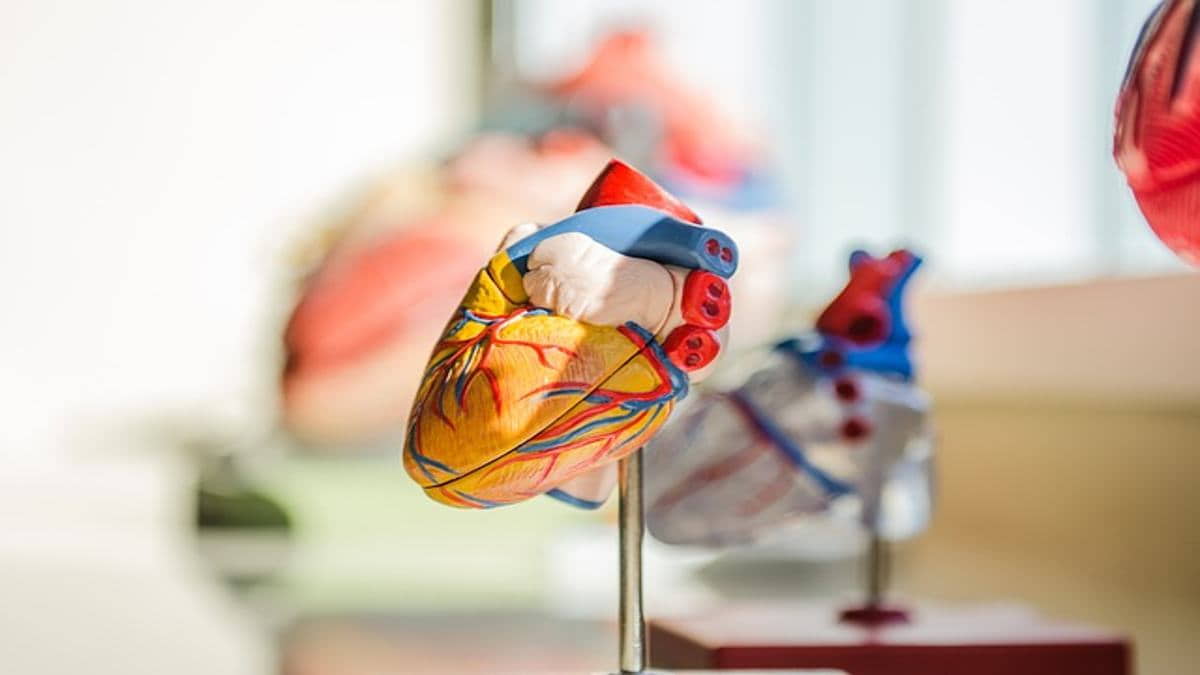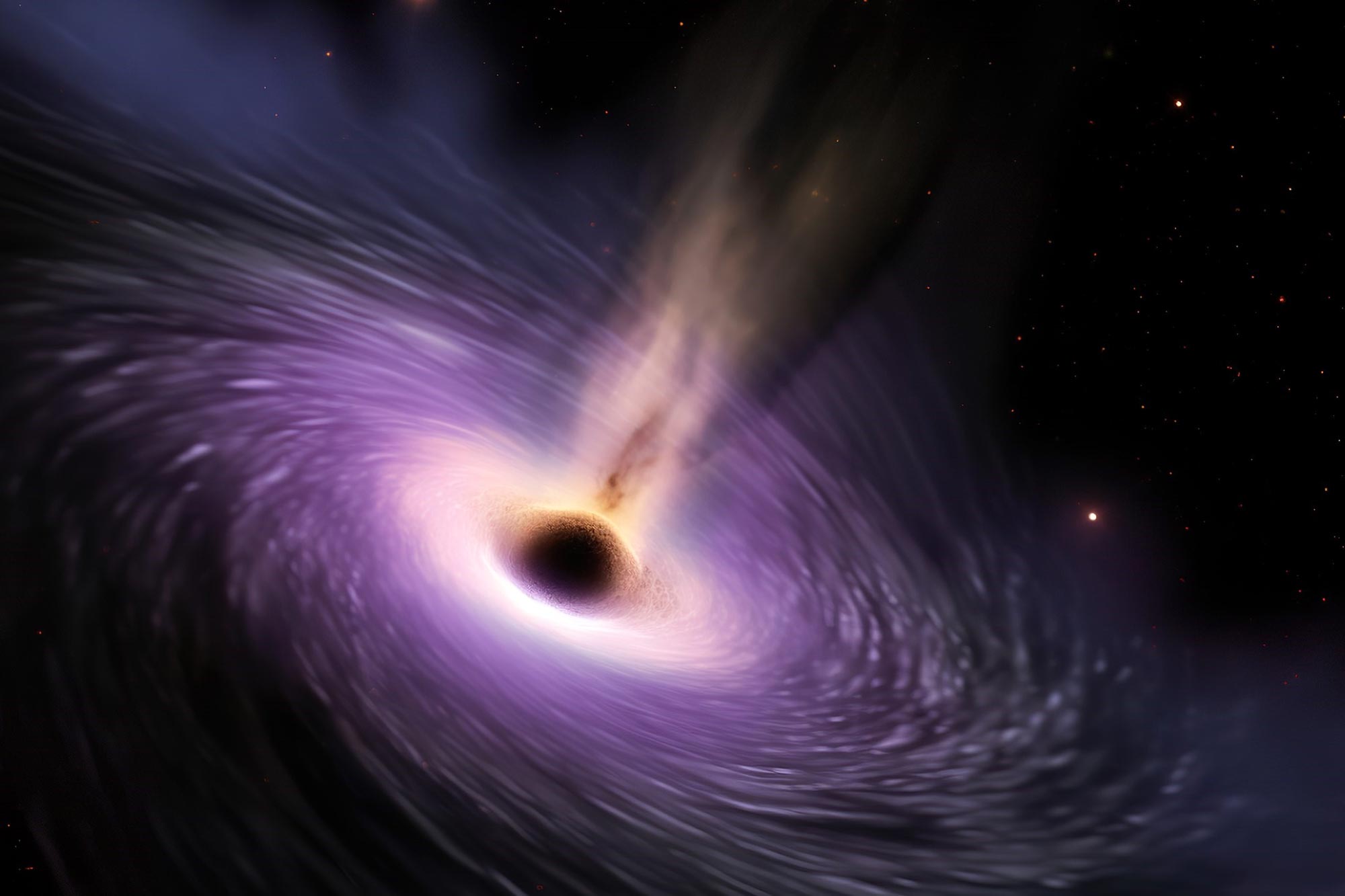The workings of the heart muscle will consist of several stages. There are various stages that will support the workings of this heart muscle. The presence of heart muscle in humans does have an important function.
Read Also: Smooth Muscle Functions in the Body, Structure and How It Works!
Thus, the presence of this heart muscle will affect the functions of the heart itself. The following is a full review of the workings of the anatomy of the human body on this one.
How the heart muscle works, which has an important function in the human body
Cardiac muscle is a special type of muscle found only in the heart. It is responsible for pumping blood throughout the body. Cardiac muscle is composed of muscle fibers that branch and are arranged in complex layers.
These muscle fibers are connected via intercalated discs, which help transmit contraction signals efficiently. Cardiac muscle also has connective tissue that supports and connects the muscle fibers.
Cardiac muscle contractions are involuntary, meaning we don’t control them consciously. Cardiac contractions are regulated by the autonomic nervous system, including the sympathetic and parasympathetic nervous systems.
Cardiac muscle has a regular rhythm of contractions, which are produced by special pacemaker cells in the heart. Contraction of the heart alternates between the atria (top of the heart) and ventricles (bottom of the heart), allowing for efficient blood flow.
Cardiac muscle has great endurance and continues to work throughout life. This is an important characteristic that ensures continuous blood circulation and is vital for the overall health of the body.
How the Heart Muscle Parts Work
The way the heart muscle works involves a series of complex and coordinated steps. This process occurs in a cycle that repeats continuously.
First, electrical impulses are generated by pacemaker cells, especially in the sinoatrial (SA) and atrioventricular (AV) nodes. These impulses cause contraction of the atria (atrial systole), pumping blood into the ventricles.
Furthermore, the electrical impulses propagate through the cardiac muscle fibers with the help of conduction systems such as the bundles of His and Purkinje fibers. This stimulates contraction of the ventricles (ventricular systole), pushing blood out of the heart into the arteries and throughout the body.
After contraction, the heart muscle relaxes in the diastole phase. At this time, the ventricles are refilling with fresh blood from the atria.
During this work cycle, the heart valves play an important role. The atrioventricular (AV) valves open and close to regulate blood flow between the atria and ventricles. The semilunar valves (aortic and pulmonary) open during contraction of the ventricles to allow blood to flow out of the heart, and close when the heart muscle is relaxed to prevent backflow of blood.
This process is repeated regularly to ensure continuous blood circulation, meeting the entire body’s need for oxygen and nutrients.
Functions of the Cardiac Muscles
The way the heart muscle works will indeed affect its function. The function of the heart muscle itself is very important for the human body. That’s because the heart muscle is located in a fairly vital part of the body.
Read Also: Characteristics of Striated Muscles in the Movement System, These Are Their Functions and Parts!
If there is damage to the heart muscle, it will affect human life. The main function of the heart muscle is to pump blood throughout the body. The heart muscle contracts and relaxes rhythmically to produce pressure that pushes blood out of the heart.
This function is important because the body’s cells need blood containing oxygen and nutrients. The heart muscle also plays a role in maintaining a stable blood pressure, ensuring adequate blood supply to vital organs.
In addition, the heart muscle helps regulate body temperature, transport metabolic wastes, and maintain electrolyte balance in the body. Good heart muscle function is important for human health and survival.
Various Diseases That Can Affect the Work of the Heart Muscle
There are several diseases that can affect how the heart muscle works. Some of these include coronary heart disease, heart failure, arrhythmias, valvular heart disease, myocarditis, cardiomyopathy, and hypertension.
Coronary heart disease causes blockage of the heart’s arteries, while heart failure impairs the heart’s ability to pump blood efficiently. Arrhythmia is a heart rhythm disorder, while valvular heart disease involves damage to the heart valves.
Myocarditis is inflammation of the heart muscle tissue, while cardiomyopathy is a structural disorder of the heart muscle. Hypertension or high blood pressure can also affect the work of the heart muscle by increasing the heart’s workload.
Steps to Maintain Maximum Heart Muscle Work
Here are some steps to maintain performance so that the workings of the heart muscle remain optimal:
Engage in regular physical activity, such as walking, running or swimming. Eat healthy foods, such as fruits, vegetables, whole grains, and fatty fish. Avoid smoking and limit alcohol consumption. Maintain a healthy weight by maintaining a balanced diet and being physically active. Overcome stress by doing relaxation activities, meditation, or yoga. Routine heart health checks, including blood pressure and cholesterol checks. Minimize excessive salt consumption to maintain normal blood pressure. Avoid consuming foods that are high in saturated fat and cholesterol. Get enough rest and quality sleep every night. Avoid consuming too much caffeine and sugary drinks.
Read Also: Differences between joints and muscles can be known from their function
That’s a review of how the heart muscle works in the human body. Cardiac muscle does have an important function in the course of life. If there is damage to the heart muscle, it will affect human life. (R10/HR-Online)
2023-07-07 11:56:24
#Heart #Muscle #Works #Anatomy #Body #Important #Functions


